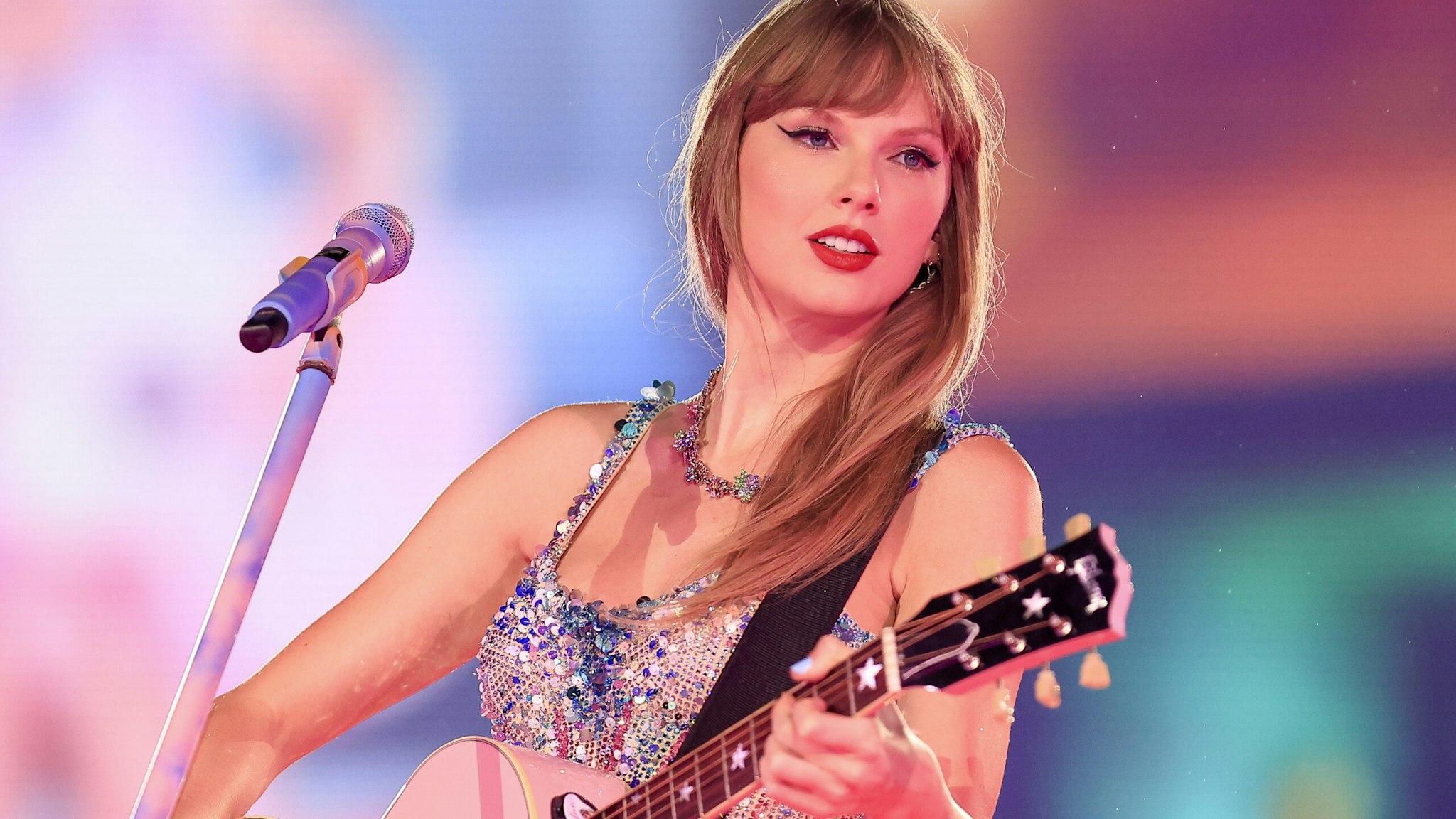
Taylor Swift’s team is reportedly not happy about a recent New York Times op-ed that insinuated that she may be “queer.”
“There seems to be no boundary some journalists won’t cross when writing about Taylor, regardless of how invasive, untrue, and inappropriate it is – all under the protective veil of an ‘opinion piece,’” a source told CNN Business, per Page Six.
“Because of her massive success, in this moment there is a Taylor-shaped hole in people’s ethics,” the anonymous insider added.
The op-ed was published Thursday and strongly suggests that the Grammy Award-winning pop star has been dropping hints for her fans all along which indicate her sexuality. This theory plays on the well-known tendency for Swift to leave Easter eggs for her fans in lyrics, music videos, and social media posts.
The opinion piece was written by Anna Marks. In it, Marks presents the reader with “evidence” that Swift alluded to being part of the LGBTQ community on multiple occasions. The author refers to these bits of evidence as “dropped hairpins,” which is slang for giving clues about being LGBTQ.
“In isolation, a single dropped hairpin is perhaps meaningless or accidental, but considered together, they’re the unfurling of a ballerina bun after a long performance,” the author wrote in part.
“Those dropped hairpins began to appear in Ms. Swift’s artistry long before queer identity was undeniably marketable to mainstream America. They suggest to queer people that she is one of us.”
The writer goes on to speculate that Swift has been potentially communicating queerness in multiple ways, including through her clothing.
“Sometimes, Ms. Swift communicates through explicit sartorial choices — hair the colors of the bisexual pride flag or a recurring motif of rainbow dresses. She frequently depicts herself as trapped in glass closets or, well, in regular closets,” Marks wrote.
“The aesthetic of what would be known as the ‘Lover Era’ emerged as rainbows, butterflies and pastel shades of blue, purple and pink, colors that subtly evoke the bisexual pride flag,” the author says, also mentioning how the song “You Need to Calm Down” features queer celebrities and includes the line “why are you mad, when you could be GLAAD?”
Though Swift is a vocal supporter of the LGBTQ community, she denied rumors that she was secretly gay when they resurfaced with the re-release of her album “1989.”
Swift is currently in a high-profile relationship with Kansas City Chiefs tight end Travis Kelce.





